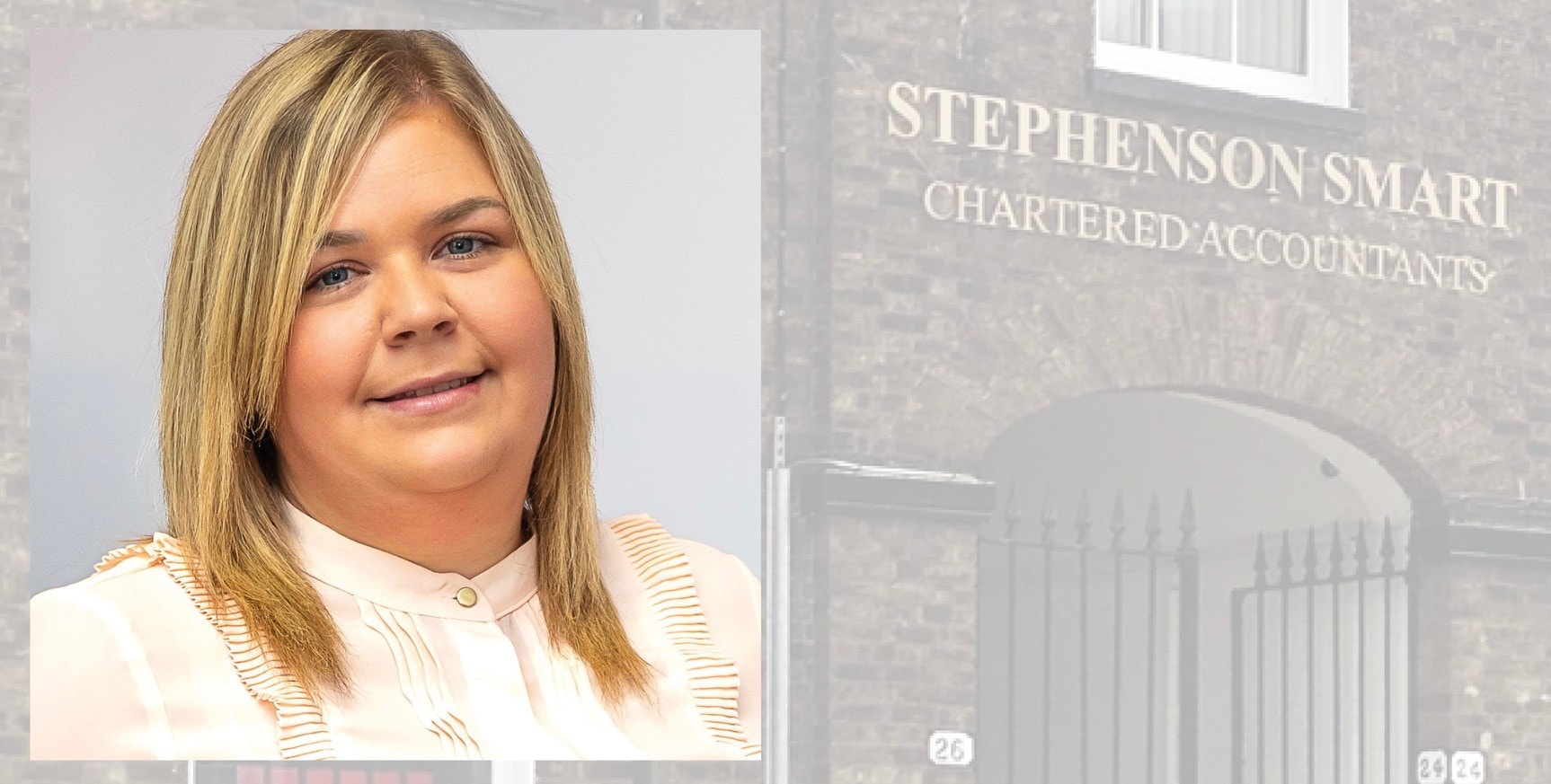5th July, 2023, Kayleigh Wilson
Kayleigh Wilson, Tax Manager at Stephenson Smart Accountants and Business Advisors, analyses the recent Capital Gains Tax changes made by HMRC, including changes to the annual exemption amount and the introduction of a separation and divorce measure.
What is Capital Gains Tax (CGT)
Capital Gains Tax is a tax on the profit made after a sale of an asset (i.e. a property) that’s increased in value.
The gain you make is the part that is taxed, not the amount of money you receive.
If you sold a UK residential property on or after 6 April 2020, and you have a Capital Gains Tax liability, you must report and pay the tax due online using a CGT on UK property account.
Depending on the asset, you may be able to reduce any tax you pay by claiming a relief.
What Capital Gains Tax changes have been made to the annual exemption amount
The tax-free allowance was £12,300 for 2022-23. From April 2023 this was dramatically reduced to £6,000 and from April 2024, it will be reduced again to £3,000.
The CGT rates that apply after the tax-free allowance will remain the same and depend on the type of asset sold and whether you're a basic-rate or higher-rate taxpayer.
Principal Private Residence Relief
There’s been lots of changes since 2020, particularly with the rules of principal private residence (PPR) relief.
In a nutshell, when a person sells their only or main residence the gain is exempt from Capital Gains Tax due to PPR.
It may apply to all or part of a gain on a property and for most taxpayers, any gain made on the sale of their home will be completely exempt as it will be covered by PPR relief.
The charge may arise though if the taxpayer has been absent from the property during their ownership, or if they own more than one residence.
Capital Gains Tax separation and divorce measure
From 6 April 2023, any property disposals have been subject to the government’s new separation and divorce measure.
This measure makes changes to the rules that apply to transfers of assets between spouses and civil partners who are in the process of separating. They will now be given up to three years in which to make no gain or no loss transfers of assets between themselves when they cease to live together; and unlimited time if the assets are the subject of a formal divorce agreement.
It also introduces some special rules that apply to individuals who have maintained a financial interest in their former family home following separation that will apply when that home is eventually sold.
The 60-day rule for filing a CGT return in on competition of a sale is also still in place.
In addition to these Capital Gains Tax changes, there are many areas to take into consideration when owning property that isn’t a primary residence. I am an expert in these areas, please get in touch if I can help you.


